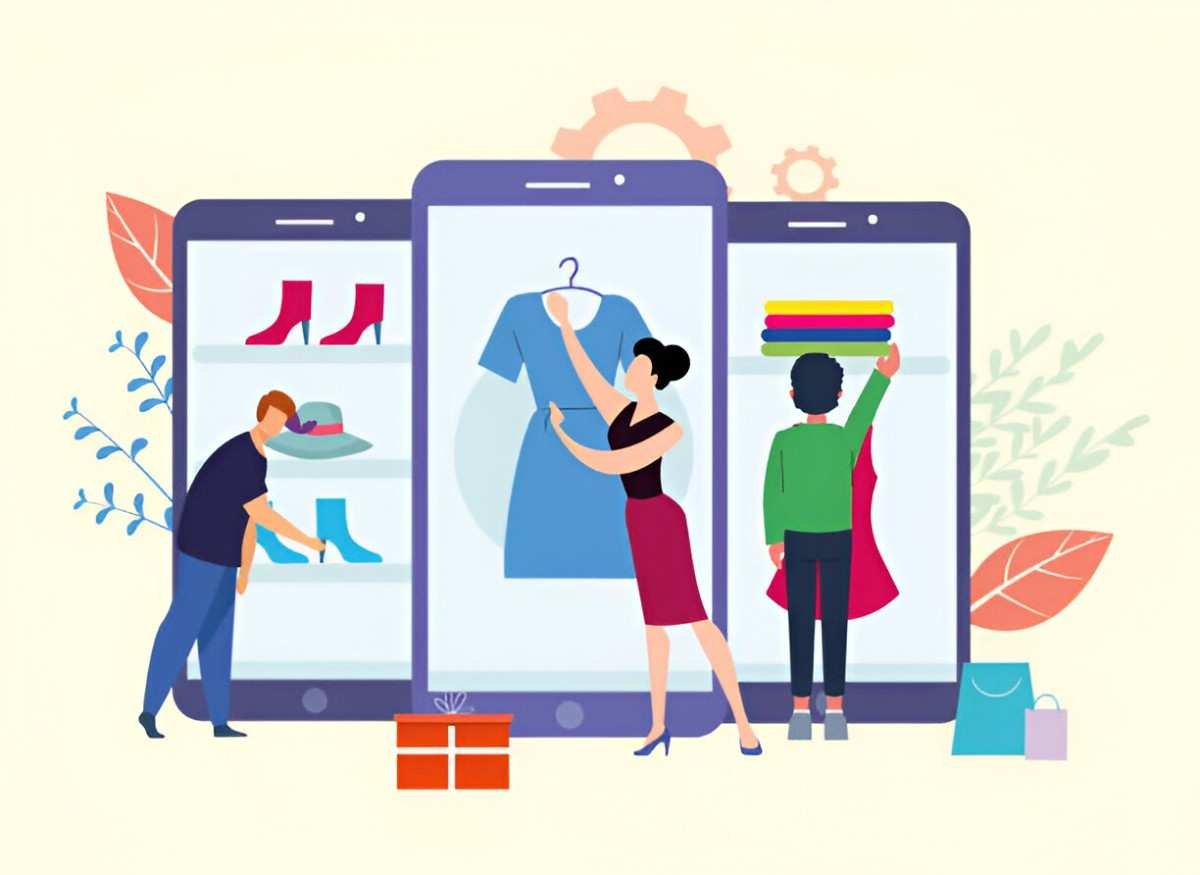Sustainability in fashion is no longer an option; it’s a necessity. With growing concerns about environmental impact and ethical production, many people, including myself, are turning to technology to make better fashion choices. The right apps can simplify the process by providing insights into brands, materials, and personal shopping habits.
Table of Contents
Why Sustainable Fashion Matters
Fashion is one of the most polluting industries. From water consumption to waste generation, the impact is significant. Sustainable fashion focuses on reducing this harm by promoting ethical sourcing, recycling, and mindful consumption. By using apps designed for sustainable fashion, we can make informed decisions and contribute to positive change.
Criteria for Selecting the Best Apps
When looking for sustainable fashion apps, I considered key factors:
- Brand Transparency: Apps should provide detailed insights into brands’ sustainability practices.
- Material Insights: Information about fabrics and their environmental impact.
- User Experience: Ease of navigation and practical application.
- Personalization: Tailoring recommendations based on user preferences.
- Certifications: Assurance that brands meet sustainable standards.
Top 5 Apps for Sustainable Fashion Choices
1. Good On You
Good On You rates fashion brands based on their impact on people, the planet, and animals. The app assigns ratings from “We Avoid” to “Great,” making it easier to choose ethical brands.
Features:
- Extensive database of brands
- Ethical shopping recommendations
- Transparency scores based on third-party sources
Why I Like It: It offers clear and concise information about brands. I find it useful for quick decision-making when shopping.
2. Depop
Depop is a social shopping app that encourages buying and selling pre-loved fashion. It blends marketplace features with a social media feel.
Features:
- Peer-to-peer selling
- Trend-based discovery
- Focus on second-hand fashion
Why I Like It: It helps extend the lifespan of clothing, and I enjoy discovering unique items that align with my style.
3. ThredUp
ThredUp is an online consignment store that offers second-hand clothing for women and children. The app promotes circular fashion by reselling items.
Features:
- Clean-out kits to sell clothes
- Wide variety of brands
- Sustainability impact calculator
Why I Like It: The ease of selling unwanted clothes and finding discounted sustainable options is a win-win.
4. Vinted
Vinted is a marketplace where users can buy, sell, and exchange second-hand clothes. It encourages community-driven fashion choices.
Features:
- Free listings
- Buyer protection
- Community discussion forums
Why I Like It: It creates a sense of community, and the no-fee listing system makes selling hassle-free.
5. Stylebook
Stylebook helps organize wardrobes digitally, allowing users to track outfits and optimize clothing usage.
Features:
- Wardrobe management
- Outfit planning
- Cost-per-wear analysis
Why I Like It: It helps me get the most out of my clothes and avoid unnecessary purchases.
Comparison of Top Sustainable Fashion Apps
| App | Focus Area | Key Features | User Experience | Pricing |
|---|---|---|---|---|
| Good On You | Brand ratings | Ethical scores, recommendations | Easy to use | Free |
| Depop | Second-hand fashion | Peer-to-peer, social aspect | Engaging | Free |
| ThredUp | Circular fashion | Consignment, sustainability tools | Smooth | Free |
| Vinted | Community marketplace | No listing fee, discussions | Friendly | Free |
| Stylebook | Wardrobe organization | Outfit planning, tracking | Intuitive | Paid |
How to Integrate Sustainable Fashion Apps into Your Routine
Using these apps effectively requires developing a habit. I set aside time each week to explore my wardrobe and see what I truly need. When shopping, I always check brand ratings on Good On You before making a purchase. Selling or swapping clothes on Vinted and Depop has also become part of my decluttering routine.
Challenges of Using Sustainable Fashion Apps
Despite their benefits, sustainable fashion apps have some limitations. Sometimes, I find it difficult to verify the accuracy of brand claims. There’s also the temptation to overconsume second-hand items. Managing digital wardrobes can feel overwhelming initially, but consistency helps.
Final Thoughts
Adopting sustainable fashion habits doesn’t have to be complicated. These apps simplify the process, making it easier to make responsible choices. Whether it’s buying second-hand, selling unused clothes, or tracking wardrobe usage, each small step contributes to a larger movement. I recommend trying out a few apps to find the ones that best align with your needs and preferences.





